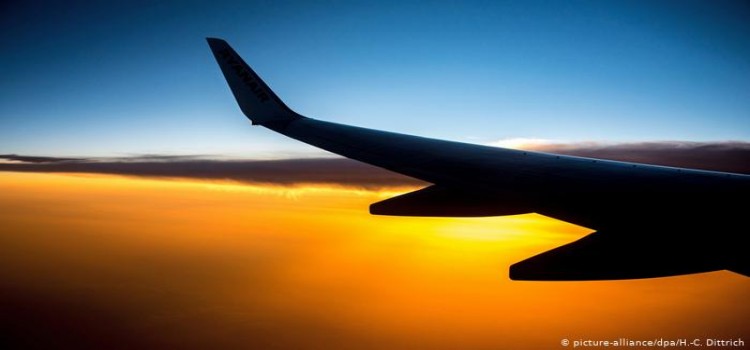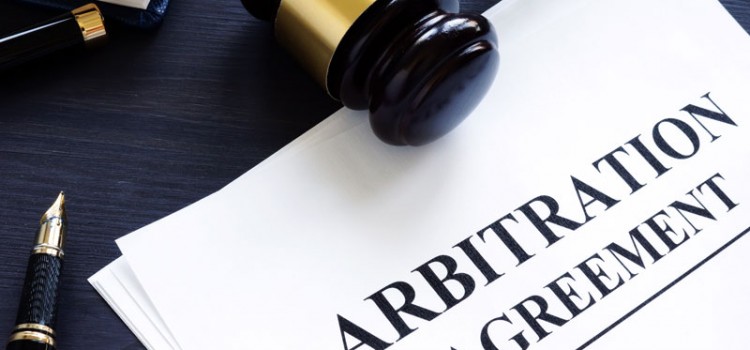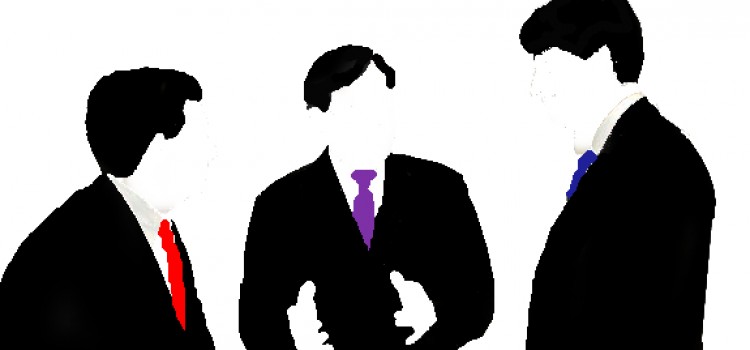The pilot's role
Thinking that getting on a plane is going to let you get away from all the crimes happening on the land? The answer is 'no'. What if the crime follows you on board? Sitting next to you? Targeting you or someone else! Any crime committed on land can be done in the air, with a higher chance of arresting the criminal because it is a limited place where the criminal can never escape. An unruly passenger may perform a disruptive act, such as having a fight with someone, stealing, killing someone or trying to hijack the plane, not to mention some minor acts that are crimes, such as smoking on board, getting drunk, insulting someone... numerous crimes might be committed; so who should be in charge and take all the jurisdictional measures during the flight, from take-off to landing the plane?
The main purpose of international or national law is to ensure the safety of the aircraft, passengers and goods carried during the flight, so someone has to take action to handle the problem.
This 'someone' is the pilot and nobody else: the commander of the plane.
At the international level, Article 6 of the Tokyo Convention of 1963 (the 'Convention') has given this right to the pilot:
'1. The aircraft commander may, when he has reasonable grounds to believe that a person has committed, or is about to commit, on board the aircraft, an offence or act contemplated in Article 1, paragraph 1, impose upon such person reasonable measures including restraint which are necessary: (a) to protect the safety of the aircraft, or of persons or property therein; or (b) to maintain good order and discipline on board; or (c) to enable him to deliver such person to competent authorities or to disembark him in accordance with the provisions of this Chapter.'
The Convention determines the flight period in which the commander of the aircraft has the right to use the powers conferred on him/her, and it is from the moment that all the aircraft's external doors are closed following embarkation until the moment that any of these doors are opened for disembarkation. In the case of forced landing, the provisions continue to apply with respect to offences and acts committed on board until competent authorities of a state take over the responsibility for the aircraft, and the persons and property on board.
Many companies' internal regulations forbid the pilot from leaving the cockpit during the flight, except to visit the toilet, which is a constraint for practising his/her rights; this implies the need for assistance. This was resolved by Article 6.2 of the Convention: 'the pilot may require or authorise the assistance of other crew members and may request or authorise, but not require, the assistance of passengers to restrain any person whom he is entitled to restrain. Any crew member or passenger may also take reasonable preventive measures without such authorisation when he has reasonable grounds to believe that such action is immediately necessary to protect the safety of the aircraft, or of persons or property therein'.
On a national level, regarding this matter, Lebanese law has given a big role to the aircraft commander to apply the authorities mentioned in the Criminal Procedure law and Lebanese Aviation Regulations.
As provided in Article 38 of the Criminal Procedure Code, the commander of an aircraft represents the Public Prosecution on the plane, and his/her decision is of a juridical nature because the pilot is one of the law enforcement officers who assists the Public Prosecution, and works under its supervision and performs the functions of the judicial police within limits provided in law. The suit will proceed in a tribunal on the basis of the decisions taken by the pilot. The crew is obliged to assist the pilot in the execution of his/her mission, and even passengers, unless they can't for any reason.
Article 66 of Lebanese Law No 366/2005 lists the measures that could be taken by the commander while maintaining all the rights from other laws, as follows: arrest or detain any passenger or any crew member during the flight, or take any coercive measures; take anyone off the aircraft at its first stop; and retain goods for a period he/she deems appropriate.
In addition, Article 78 of the law mentioned above has specified some violations and their penalties, such as unlawful interference with one of the crew members, or committing any act that compromises the integrity of the aircraft or passengers on board; interfering with the aircraft or any part of it; interfering on purpose with anyone to stop him/her from performing the duties imposed by law; hiding on an aircraft; or boarding without approval or a boarding pass. These would be in addition to the regulations imposed by each of the aviation companies, which vary from one to another.
In any case, any crime occurring on an aircraft should be considered as a designated offence, and the pilot as a law enforcement officer and deemed assistant to the General Attorney can take all necessary measures and decisions.
The pilot should be careful and should take the decisions as a wise person or the pilot will be responsible for all the consequences of the decisions taken.
Given such rights, aircraft commanders should get intensive training sessions about the law, and their rights and authorities. A list of examples of disruptive behaviour that could occur on the aircraft should be in the pilot's bag.
An aircraft is not a free area for passengers to do whatever they want; it is a place controlled by the Public Prosecution represented by the pilot. Every action has consequences!




